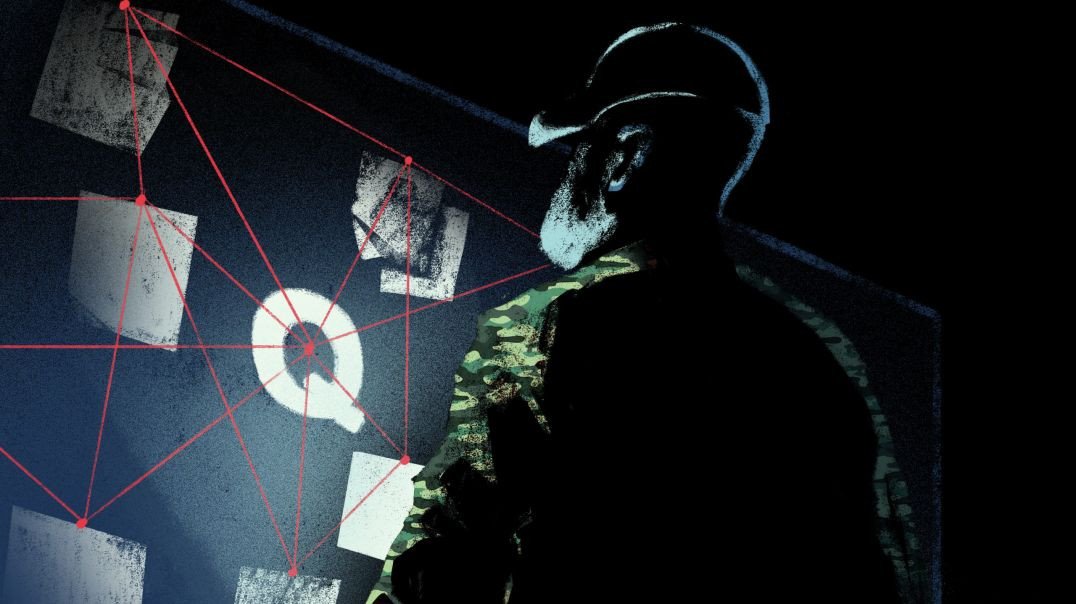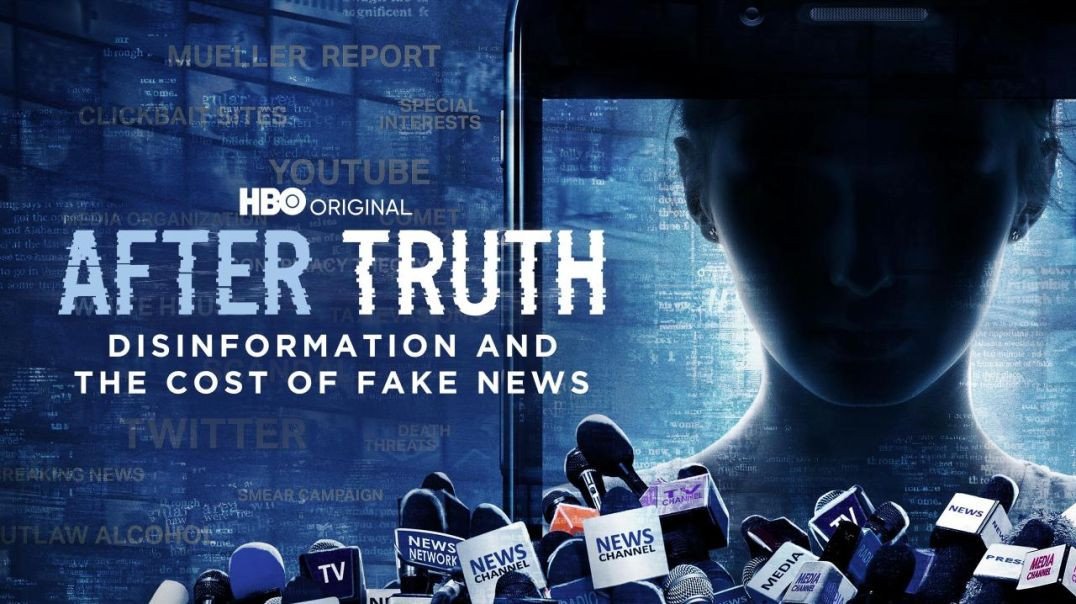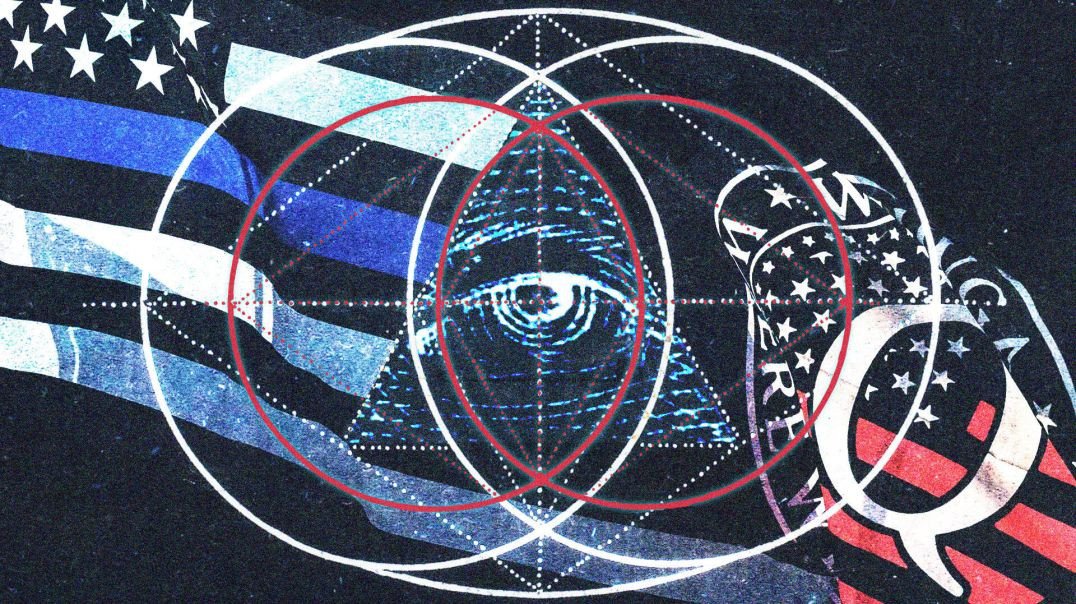7 Views· 06/14/24· Documentaries
The Truth vs. Alex Jones
The debate surrounding "The Truth vs Alex Jones" is highly complex and polarizing, involving questions of free speech, misinformation, public influence, and responsibility. Here are some key points to consider:
**1. Misinformation and Harm:
Critics argue that Alex Jones' spreading of conspiracy theories, particularly about significant and traumatic events like the 9/11 attacks and the Sandy Hook Elementary School shooting, is harmful. False claims can lead to victim harassment, as seen with Sandy Hook parents who have reported receiving death threats and harassment from those who believe Jones' assertions that the shooting was a hoax.
Misinformation, particularly when dispersed through influential platforms, can erode public trust in news, science, and government, leading to a more misinformed populace and potentially dangerous actions based on false beliefs.
Free Speech and Censorship:
Proponents of Alex Jones argue that he is exercising his right to free speech and that attempts to silence or restrict him are forms of censorship. They claim that even controversial or false speech should be protected to maintain a free and open discourse in society.
On the other hand, many argue that free speech does not cover spreading harmful lies or inciting violence and that platforms have a responsibility to prevent the circulation of demonstrably false and damaging information.
The Role of Media and Corporations:
Media organizations and social media platforms have come under scrutiny for how they handle figures like Alex Jones. Actions like removing him from various platforms (YouTube, Facebook, Twitter) have sparked debates about the balance between protecting free speech and preventing harm.
Critics of Jones allege that by giving him a platform, companies are complicit in promoting false information, while his supporters claim these companies are engaging in ideological censorship.
Legal and Ethical Implications:
Legal battles have surfaced over Jones' claims, particularly related to defamation. The case brought by families of Sandy Hook victims resulted in significant legal consequences for Jones, including financial penalties.
Ethically, there's a debate over the responsibility public figures have to adhere to factual information, especially when their words can have widespread influence and cause real-world harm.
Public Trust and Influence:
Jones' ability to garner a significant following raises questions about why certain segments of the population are drawn to conspiracy theories and distrustful of mainstream sources. This could be attributed to a variety of factors, including historical mistrust in government, socio-economic conditions, and the appeal of simple explanations to complex problems.
Efforts to combat misinformation often focus on promoting media literacy, critical thinking, and institutional transparency to build a more informed public and mitigate the influence of figures like Jones.
Impact on Society:
The broader societal impact of figures like Jones includes increased polarization and a fragmented public sphere where consensus on basic facts becomes harder to achieve. This can undermine democratic processes and societal cohesion.
Solutions to these issues are not straightforward and involve balancing rights with responsibilities, promoting accurate information, and understanding the underlying causes that make conspiracy theories appealing.
Ultimately, the debate over Alex Jones encapsulates larger issues about the nature of truth, the limits of free speech, and the responsibilities of media in a digital age. It’s a multifaceted discussion with no easy answers, reflecting broader societal tensions and challenges.





0 Comments